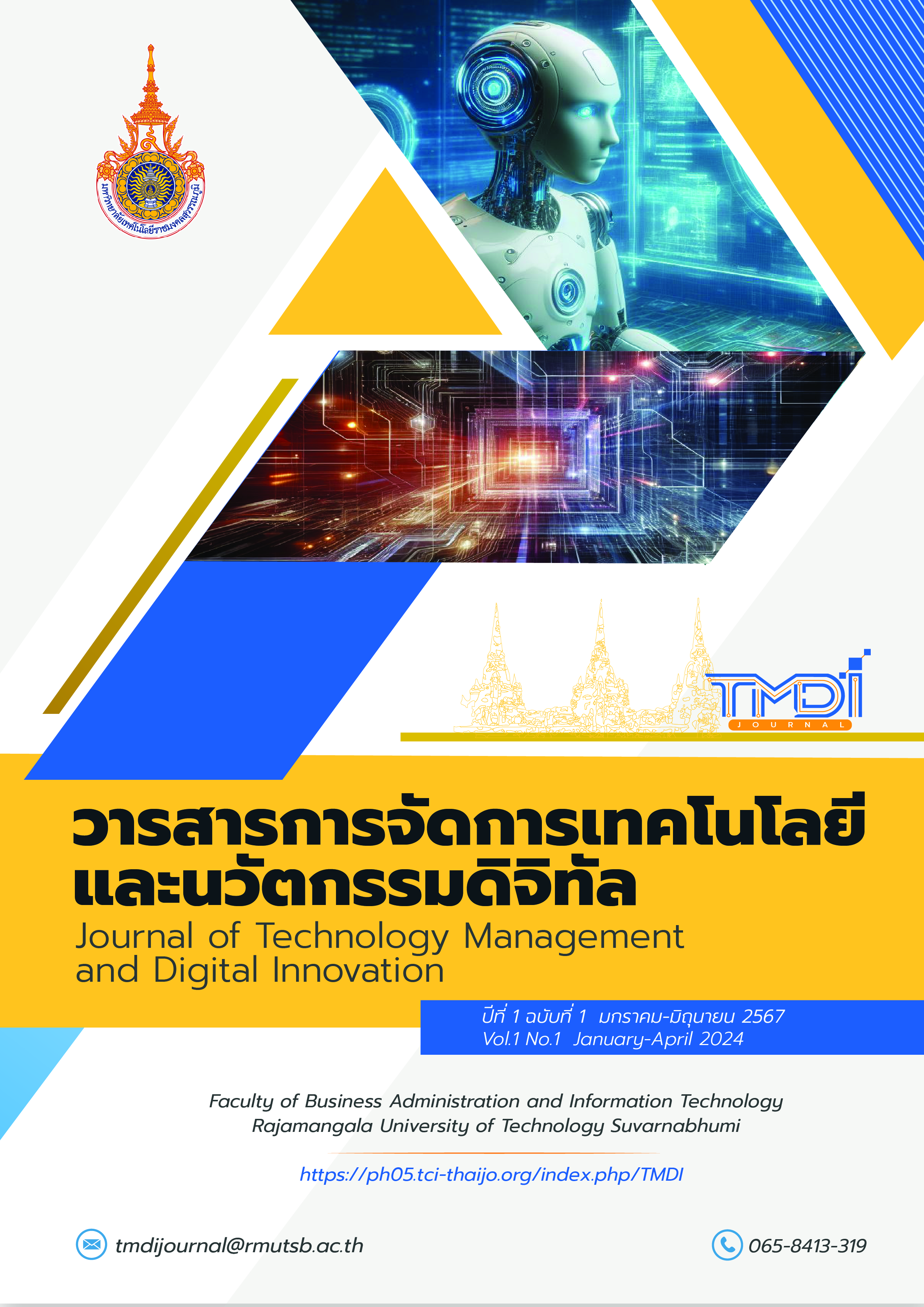A study of online social stigma that affects the mental health of college students
Main Article Content
บทคัดย่อ
The purpose of this study is to study the role of being a publisher and forwarder of news through the use of technological tools as a medium for sharing information and exchanging opinions among students and to study the stigmatization of how online society affects students' mental health. In addition, to study ways to create measures to prevent behavior from being socially stigmatized online. The data was collected from the population, including students at Rajamangala University of Technology Krungthep. Faculty of Business Administration and the sample group included students at Rajamangala University of Technology Krungthep. Faculty of Business Administration, 700 people from 3,500 people. The basic statistics used are percentage (Percentage), mean (Mean), and standard deviation (Standard Deviation). Results from the study of online social stigma affect Sukjit, a student at the Rajamangala University of Technology Krungthep the conclusion of the research results is Students at the Rajamangala University of Technology Krungthep Faculty of Business Administration, 700 people from 3,500 people, from questionnaire responses and data analysis the overall average is at a high level.
Article Details

อนุญาตภายใต้เงื่อนไข Creative Commons Attribution-NonCommercial-NoDerivatives 4.0 International License.
เอกสารอ้างอิง
Braithwaite, J. (2000). Shame and criminal justice. Canadian Journal of Criminology, 42(3), 281-298.
Goffman, E. (1963). Embarrassment and social organization.
Ekkasit Chaiyapi. N and Seksan Thongtip, (2023). Journal of Multidisciplinary Academic Research and Development, Vol. 5 No. 3
Meisenbach, R. J. (2010). Stigma management communication: A theory and agenda for applied research on how individuals manage moments of stigmatized identity. Journal of Applied Communication Research, 38(3), 268-292.
Purwanto, A., Fahmi, K., & Cahyono, Y. (2023). The benefits of using social media in the learning process of students in the digital literacy era and the education 4.0 era. Journal of Information Systems and Management (JISMA), 2(2), 1-7.
Yanos, P. T., DeLuca, J. S., Roe, D., & Lysaker, P. H. (2020). The impact of illness identity on recovery from severe mental illness : A review of the evidence. Psychiatry research, 288, 112950.

